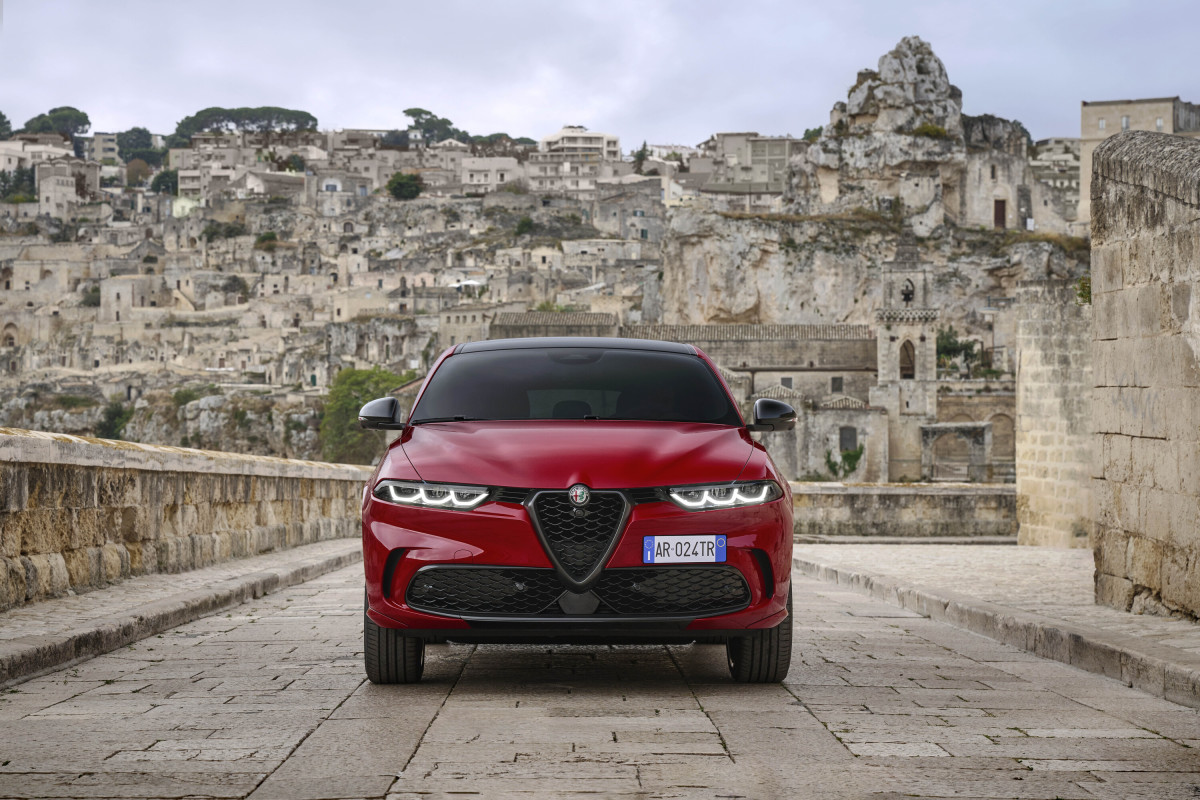Two of its most well-known European brands are heavily exposed to President Trump’s heavy import tariffs
In the United States, the giant multinational conglomerate Stellantis is known as the parent company of beloved Detroit staples like Chrysler, Dodge, Jeep, and Ram. However, its broader portfolio of 14 brands includes some of Europe’s most well-known nameplates, including Citroën, DS, Fiat, Lancia, Opel, Peugeot and Vauxhall.
As the trade situation in the United States becomes increasingly more upended due to President Trump’s ambitious tariff plan, automakers like Stellantis are feeling the heat, especially as it comes off a very difficult year in 2024.

The car experts seek help from the business experts
According to a recent Bloomberg report, sources close to Stellantis say that the automaker has enlisted McKinsey & Co. for help and strategic advice regarding Maserati and Alfa Romeo as Trump’s tariff levies weigh heavily on the two Italian giants.
The sources say that its Chairman, John Elkann, asked the consultancy firm to look into and weigh the feasibility of certain options for the brand, which include partnering with other manufacturers to share new technology. According to them, some Asian companies “expressed interest,” however they note that these considerations are at an early stage, and that other long-term scenarios including spinning off Maserati are on the table.
“McKinsey has been asked to provide its considerations regarding the recently announced US tariffs for Alfa Romeo and Maserati,” a Stellantis spokesperson told Bloomberg.
Who is McKinsey and what do they do?
In the business world, McKinsey & Company is one of the most respected names in the management consulting industry, a business in which professionals give “second opinions” to companies and other entities to improve the outcome of certain situations. Although it is headquartered in New York City, its nearly 45,000 employees operate on almost every continent and generated nearly $16 billion last year.
Its client list spans from world governments to blue-chip corporations like Coca-Cola, Shell, and Microsoft, and automakers like General Motors and now Stellantis. McKinsey has a department that deals with “Automotive and Assembly.” On its website, McKinsey says it helps its clients “strengthen their financial performance by improving all aspects of their value chain, from brand strategy to product development and supply-chain optimization to marketing and sales.”
McKinsey also boasts that it can even “help OEMs design, develop, and produce vehicles,” even working side-by-side with automakers “to arrive at a cost point that meets both budgetary and performance targets.”
Related: Dodge’s EV Gamble Falls Flat as Buyers Cling to Old Muscle
McKinsey has one big task to tackle
Nonetheless, McKinsey is being asked to help Stellantis steer Maserati and Alfa Romeo through a trade crisis after it experienced a rough year as a 14-brand-strong conglomerate. After a tumultuous year that saw the exit of radical CEO Carlos Tavares, Stellantis reported net revenues of $173.4 billion, a 17% drop compared to 2023, as well as a 70% drop in net profits.
Final thoughts
At a brand level, the two Italian brands are facing tougher ground in the US. Alfa Romeo sold just 8,865 cars in the United States in 2024, a 19% drop from 2023. Meanwhile, Maserati sold just 11,300 cars globally in 2024, with 4,819 in the United States. According to Maserati Chief Executive Officer Santo Ficili, about 35% to 40% of its customers are American, which puts it in a precarious position compared to German luxury mainstays like BMW and Mercedes-Benz.
While Beemer and Benz both have U.S. facilities that produce vehicles popular with American buyers, Alfa Romeo and Maserati are both heavily exposed to President Trump’s 25% import tariffs on imported cars. Neither brand has a production facility in North America, and nearly all of Alfa and Maserati’s U.S. lineup is exclusively imported from Italy.
Additionally, Stellantis announced after the tariffs were confirmed last week that it was temporarily laying off 5,400 workers at its U.S. plants and pausing production at plants in Canada and Mexico for up to a month.